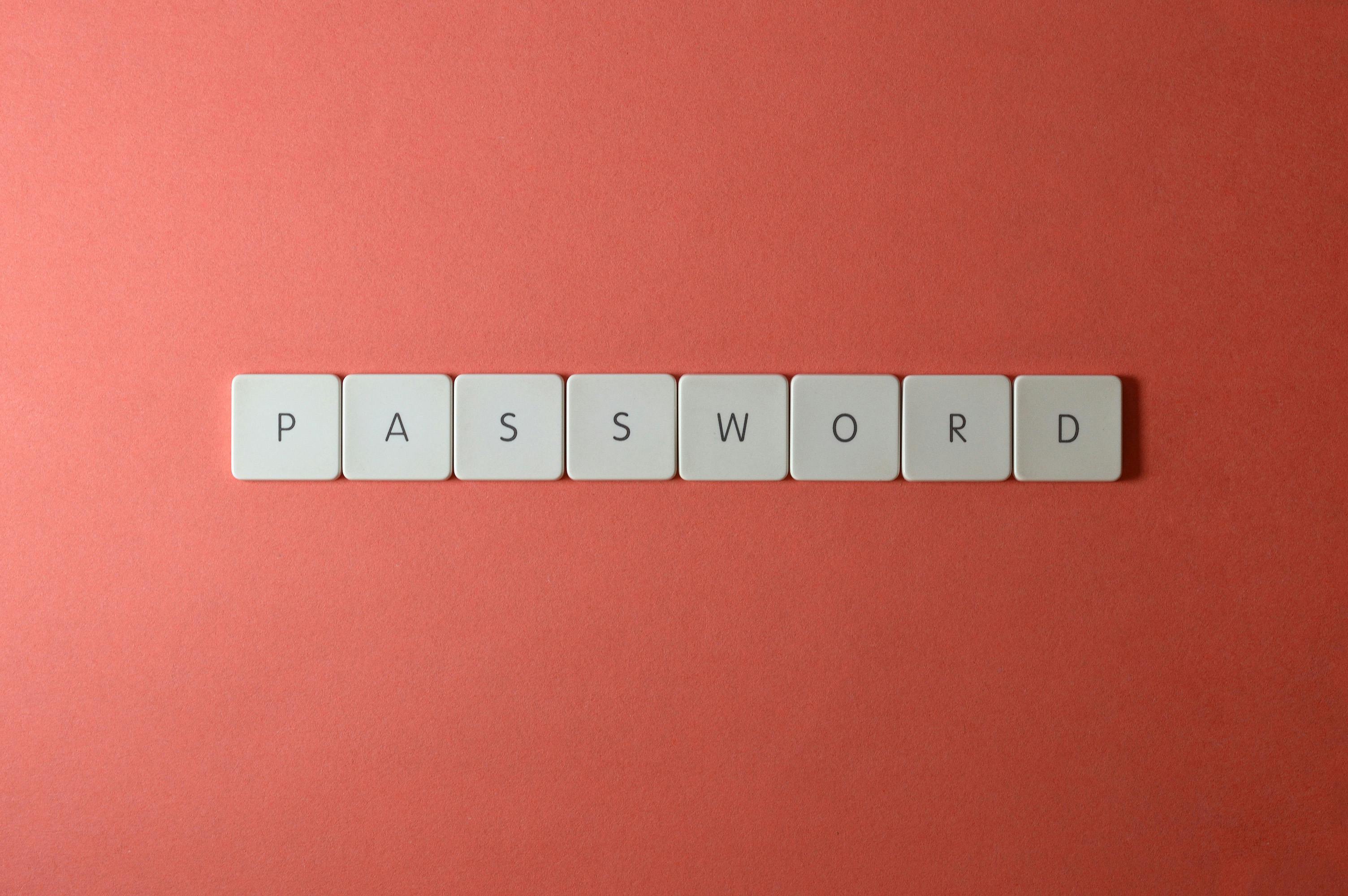
Should you get a free or self-hosted blog/website?
Are you aiming to be one of the best bloggers in the world?
In recent years, blogs have become one of the most powerful means of communication in the world. With their fresh and up-to-date content, it’s no surprise that bloggers have captured the world’s attention and satisfied their readers’ longing for something fresh and new. In fashion, for example, top bloggers like Bryanboy and Rumi Neely sit front row at major fashion shows around the world.
So if you’re thinking of becoming a blogger, it’s not too late to join the ranks of the world’s most successful celebrity bloggers. All you have to do is create a blog and get started.
Self-hosted blog/site vs. gratuitous
There are several blogging platforms that allow you to create a blog for free. WordPress and Blogger (or Blogspot), for example, are two of the world’s leading blogging platforms. Both have strengths and weaknesses, but many people prefer WordPress because it has more features.
The only problem with these free platforms is that you don’t have to get your own domain name and you don’t have full control of the content on your site. For example, if Google suspects your Blogger blog is spamming, they can easily shut it down in seconds. As for WordPress, you will not have full control of all available features and widgets unless you pay for an upgrade.
This is why serious bloggers opt for a self-hosted website. With a self-hosted site, not only can a blogger be in full control of their content, they can also establish their brand through a unique domain name. In addition to that, a blogger can easily customize their blog with the look they prefer.
However, having a self-hosted blog has its own drawbacks. For example, to maintain your domain name, you must pay hosting services and domain registration fees on a regular basis.
How to get a self-hosted blog
There are three general steps to getting your blog up and running on the Internet. These steps are described below.
1. Register your domain name.
If you create a free blog, your URL (or the web address of your blog) is named after the blogging platform you signed up for (for example, yourwebsite.blogspot.com or yourwebsite.WordPress.com). But when you have a self-hosted blog, the “blogspot” or “WordPress” part will be gone. To accomplish this, come up with an easy-to-remember domain name and register that name with a reputable registrar. Please note that domain registration is not free.
2. Buy web hosting services.
Having a domain name is not enough. You must have a web host to store all your files and content for your blog/website. So after registering your domain name, you need to purchase hosting services from a reputable hosting company. You can buy hosting services from the same registrar or from another company.
3. Create your website.
Some web hosting companies offer free applications to help you start building your website. Some of these applications include WordPress and Joomla. After the installation of any of these applications, you can start by choosing the best theme for your site, customizing it with the desired look and complete it with quality and unique content.